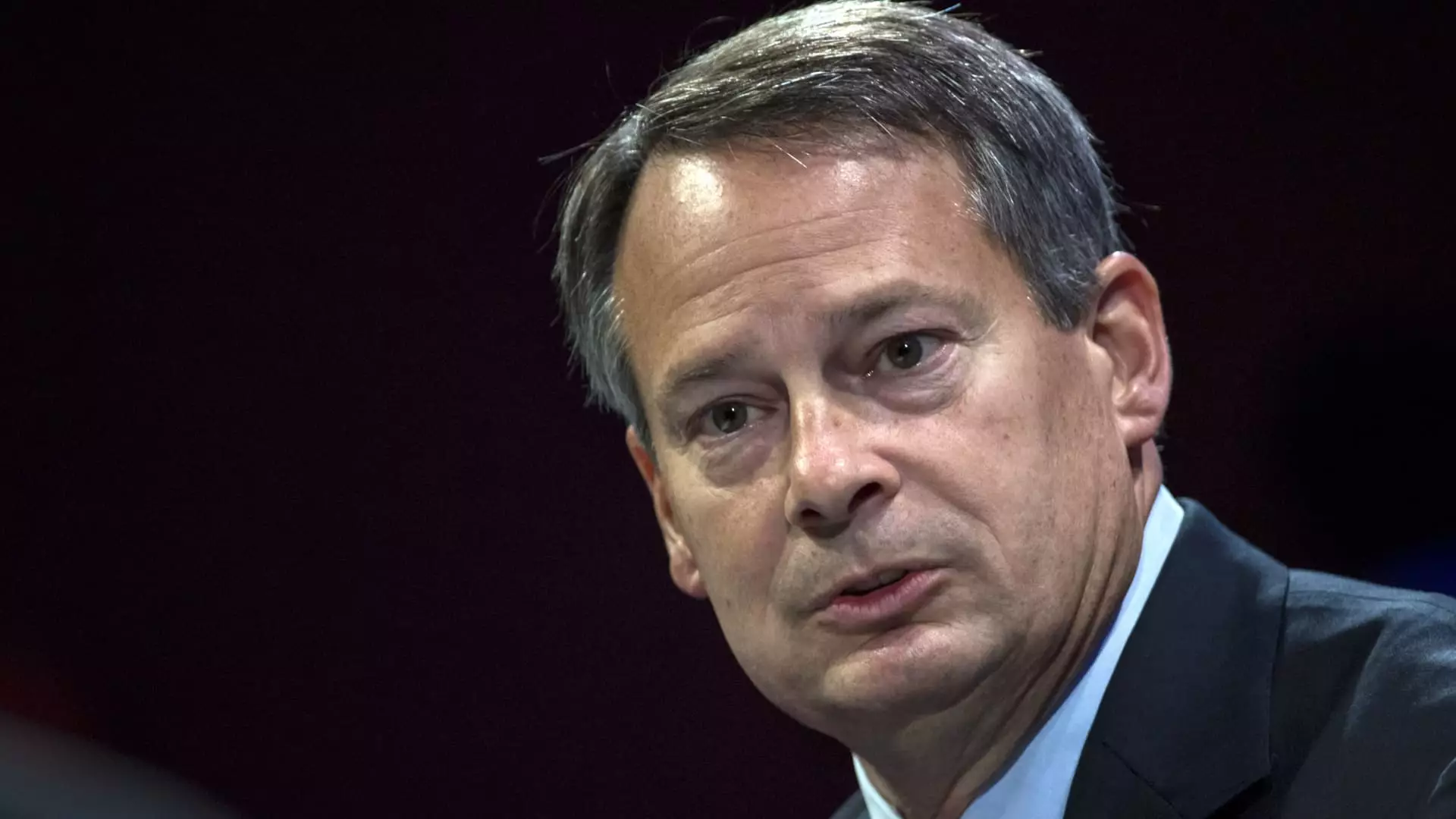Walt Bettinger, the long-serving CEO of Charles Schwab, is set to retire at the close of December 2023 after an impressive tenure of 16 years. This announcement marks a significant milestone for the brokerage giant, which has seen considerable transformation under Bettinger’s leadership. His successor, Rick Wurster, currently the President of Schwab, will officially take the helm on January 1, 2025. Although Bettinger will step back from the CEO role, he will continue to contribute as co-chair of the board, providing continuity during this pivotal transition.
In his statement, Bettinger emphasized the importance of strategic succession planning, a process in which the Schwab Board has invested considerable effort. He expressed confidence in Wurster, whom he has collaborated closely with for over eight years, describing him as well-equipped to steer Schwab into its next chapter. This proactive approach to leadership changes is increasingly crucial in corporate environments where stability and vision can dictate a firm’s success.
Wurster has echoed these sentiments, reassuring stakeholders that there will be no abrupt shifts in Schwab’s strategic direction. His comments suggest that the company will continue to prioritize customer satisfaction and service excellence, hallmarks of Schwab’s reputation that have earned the trust of millions. This message of continuity is vital, especially for clients who might feel uncertain during periods of leadership change.
Bettinger’s era at Schwab has been marked by extraordinary growth. When he took over in 2008, the firm’s client assets totaled approximately $1.14 trillion. Today, this figure has soared to $9.74 trillion, showcasing a remarkable increase in not only assets but also in client engagement. The growth trajectory can be largely attributed to strategic initiatives, including the successful integration of TD Ameritrade in 2020, which has reinforced Schwab’s position as a leading brokerage.
In an interview, Bettinger cited the recent completion of the integration process as a timely justification for his retirement. This achievement reflects his ability to navigate complex corporate partnerships and mergers, a skill that will likely benefit Wurster as he takes on the reins. Moreover, Bettinger noted the firm’s stock price increase of around 150% throughout his term, a testament to his effective leadership during tumultuous economic times.
Despite these accomplishments, Bettinger was candid about the challenges that came with his leadership, especially during the financial crisis. His admission about the initial decline in stock price illustrates the pressures and unpredictably surrounding corporate management. Recently, Schwab has experienced a downturn, underperforming compared to broader market trends over the last couple of years. This presents a challenge for Wurster as he strives to realign Schwab’s performance with investor expectations.
As Schwab prepares for this leadership transition, the financial world will watch closely how Wurster implements his vision while maintaining the company’s established principles. The foundation laid by Bettinger provides a strong base, but the coming years will reveal whether Schwab can sustain its momentum and navigate the competitive landscape successfully. The key will be balancing innovation with the trusted legacy that Bettinger has built.

